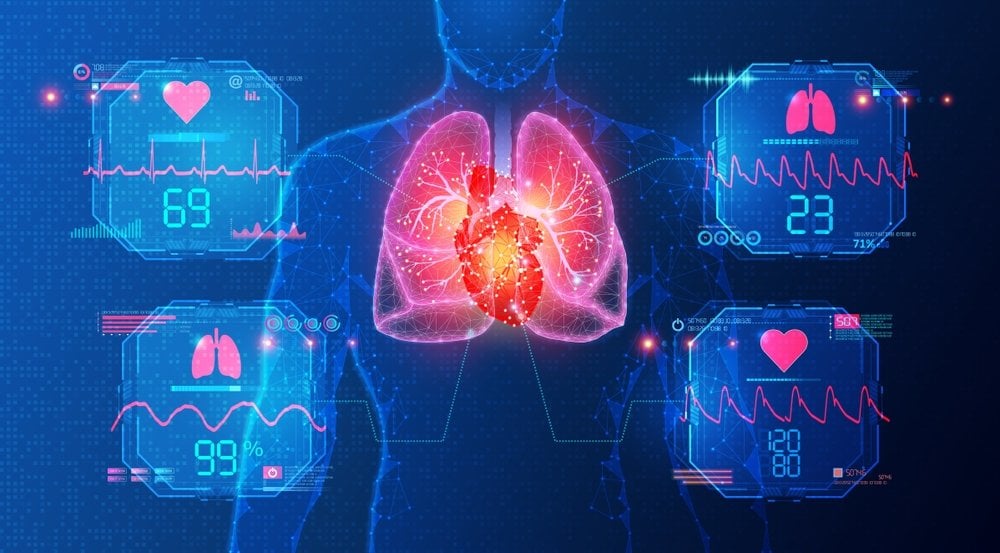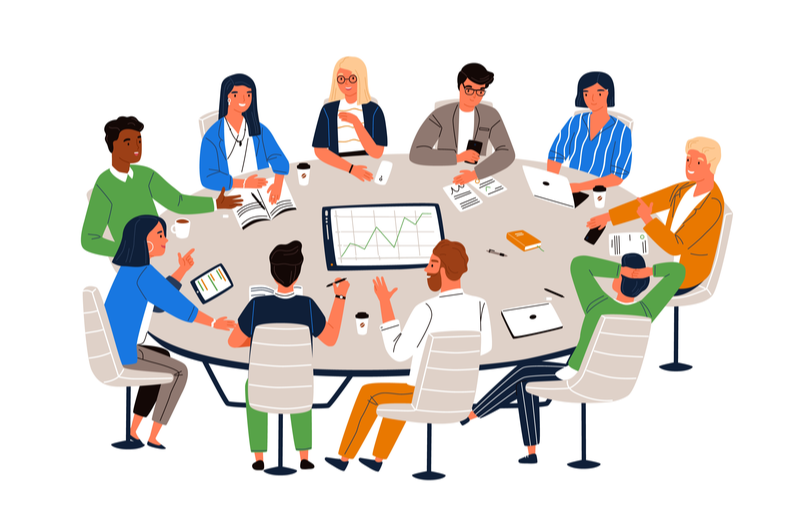For us here at Techonomy, next Tuesday’s Techonomy Bio conference is a catalytic and mind-expanding moment. It’s a half-day foray into the systems of life. We come from the world of IT and the Internet, but have concluded that becoming too embedded in it will increasingly be a deep limitation. For any of us to innovate and understand the future progress of mankind, we have to recognize that for all their compelling charms, digital tools are just one part of the toolset. Now that biology yields every day to greater understanding, it is going to pull human society into fundamentally new directions.
One of the key themes of Tuesday’s program will be that progress in bio-sciences and biotech, writ large, is now considerably faster than in IT and the Net. Moore’s law is being trumped, in part by innovations that depend on computing and data and networked insight. Opening the event will be Andrew Hessel of Autodesk’s new bio and nano design division, explaining why he believes that as the cost of DNA sequencing comes down we have the prospect of finally making real progress in combatting cancer. As today’s $1,000 cost of fully sequencing a human genome drops to $10 very shortly and eventually to trivial levels, we could gain amazing abilities to customize drugs for patients. In fact he predicts we may eventually see something like “Netflix for drugs”—subscription services individuals could subscribe to for a diverse variety of customized drugs just for themselves.
Next, Drew Endy of Stanford will explain why synthetic biology is becoming one of the key technologies of the modern age. Some say this could become the “defining technology of the 21st century.” Endy is a world-renowned scientist and bio-activist who argues that it will be increasingly possible to “program” living systems much as we program computers. But he also worries about potential misuse of this technology and its ethical dangers.
Endy is also an advocate of open-source access to bio-discoveries, which sets up well the following panel, on Participatory Biology, with bio-hacker Eri Gentry of the Institute for the Future and BioCurious, and David Haussler, who directs the Center for Biomolecular Science and Engineering at UC Santa Cruz. Biotech is not just for pharma giants anymore. What will it mean as the playing field levels and garages routinely become as productive for bio-engineering as for app-building?
We’ve sprinkled in amazing short presentations, and following one of these we’ll hear from Beth Seidenberg of Kleiner Perkins, one of the world’s most eminent biotech venture capitalists. She explained to me on the phone this week how important was the federally-financed Human Genome Project between 1990-2003. Much like DARPA creating the Internet, it was the government that kick-started today’s explosion in bio-discovery. She has fascinating thoughts about how IT progress boosts bio progress. Following our onstage conversation, she’ll be joined by veteran VC Steve Jurvetson of Draper Fisher Jurvetson and Lindy Fishburne of the Thiel Foundation and Breakout Labs, to discuss biotech investment and funding. Despite all the progress, many investors remain wary.
Then follows a a panel including Ellen Jorgensen of Brooklyn’s Genspace, a community lab that aims to get both children and adults more engaged with bio-science. Joining her is Ryan Phelan of Revive & Restore, which aims to “genetically rescue” endangered and even extinct species. Many find the idea of reviving the wooly mammoth, apparently a genuine possibility, a little scary. On the other hand, what have we humans been doing, wiping out so many species, anyway? A picture on Revive & Restore’s home page shows 63 that are gone.
Nancy Kelley, our next speaker, was founding executive director of the New York Genome Center and has helped foster a robust biotech ecosystem in and around Techonomy’s home base in that city. She’ll talk about “Engineering Biology to Address Global Challenges.”
Finally we close with a super-star panel of scientists, entrepreneurs, and activists. You probably read recently about Floyd Romesberg of UC San Diego and his breakthrough fabricating a new fully-artificial form of bacteria that uses six “letters” in its DNA rather than the four that constitute all known natural life forms. He’ll explain. We’ll also have Stewart Brand, the idea-pioneer who at recent Techonomy events has played a big role helping us realize what a big revolution was happening in biology. (He also helped inspire us to come up with Techonomy in the first place.) John Perry Barlow, the digital activist, Grateful Dead lyricist, and now entrepreneur, will explain how his new company Algae Systems may help fuel the future. Jim Flatt of Genovia Bio and Synthetic Genomics is another pioneer of algae-based production, of fuel along with food and other chemicals. And Steve Levine leads the Realistic Human Simulation initiative at Dassault Systemes, bringing us full circle to the ways that IT is driving bio.
We expect to leave with our heads bursting with new ideas. Come experience it with us.
Why We Launched the Techonomy Bio Conference
For us here at Techonomy, next Tuesday's Techonomy Bio conference is a catalytic and mind-expanding moment. It's a half-day foray into the systems of life. We come from the world of IT and the Internet, but have concluded that becoming too embedded in it will increasingly be a deep limitation. For any of us to innovate and understand the future progress of mankind, we have to recognize that for all their compelling charms, digital tools are just one part of the toolset. Now that biology yields every day to greater understanding, it is going to pull human society into fundamentally new directions.

















